Why We Get the Wrong Politicians: Shortlisted for the Waterstones Book of the Year
£4.80
REVISED AND UPDATED TO INCLUDE THE EXPLOSIVE EVENTS OF 2021 and 2022
Winner at the Parliamentary Book Awards
Shortlisted for the Waterstones Book of the Year
Longlisted for the Orwell Prize
____________
Daily Telegraph’s Best Books of the Year
Guardian’s Best Books of the Year
Evening Standard’s Best Books of the Year
Daily Mail’s Best Books of the Year
BBC’s Biggest Books
Prospect’s Best Books of the Year
Politicians are consistently voted the least trusted professional group by the UK public. They’ve recently become embroiled in scandals relating to everything from expenses to sexual harassment to illicit parties. Every year, they introduce new legislation that doesn’t do what it sets out to achieve – often with terrible financial and human costs. But, with some notable exceptions, they are decent, hard-working people, doing a hugely difficult and demanding job.
In this searching examination of our political class, award-winning journalist Isabel Hardman tries to square this circle. She lifts the lid on the strange world of Westminster and asks why we end up with representatives with whom we are so unhappy. Filled with forensic analysis and revealing reportage, this landmark and accessible book is a must read for anyone who wants to see a future with better government.
‘This book has the power to fundamentally change how we do things in this country.’
Emily Maitlis
‘An entertaining read that addresses hard questions… invaluable for those who think they know what’s wrong with Westminster but have no idea how to put it right.’
John Humphrys
Read more
Additional information
| Publisher | Atlantic Books, Main edition (6 Sept. 2018) |
|---|---|
| Language | English |
| File size | 1383 KB |
| Text-to-Speech | Enabled |
| Screen Reader | Supported |
| Enhanced typesetting | Enabled |
| X-Ray | Enabled |
| Word Wise | Enabled |
| Sticky notes | On Kindle Scribe |
| Print length | 353 pages |

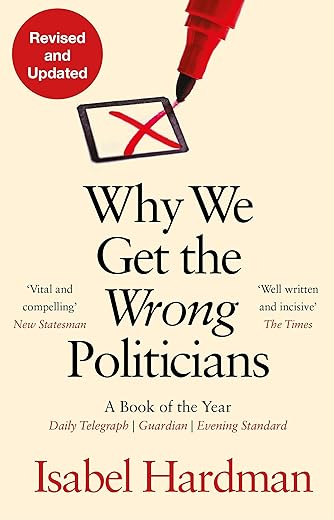

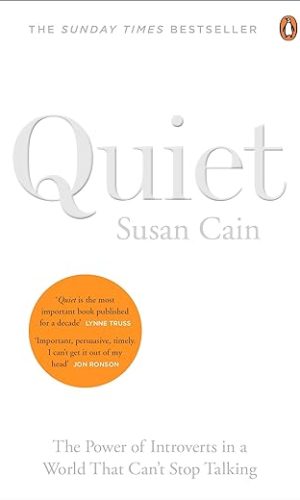
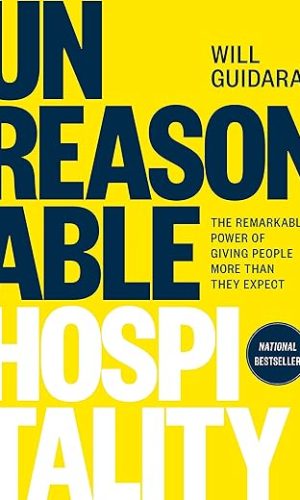

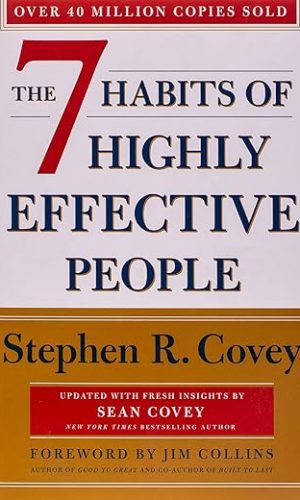


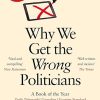
by Cheshire Tiger
I’ve met many MPs over the years, and I’ve liked most of them. But then as politicians, they want (need) to be liked. I hadn’t fully realised though, how tough their lives are, before and after election. Also, I thought they were out of touch. But this book explains that owing to surgeries and contacts with constituents they are probably far more in touch than most of us.
The author covers many aspects of parliamentary life and covers them well. But one aspect she misses is devolution and the pressures for independence, at least in Scotland. And I heard it said that during the Covid pandemic, when Boris appeared on stage to a backdrop of Union Jacks, addressing, indeed instructing, “The British People”, his remit in effect covered only the English people. Westminster does not like this, but it is important.
I found some of this book rather heavy. But I imagine that it would be a useful textbook for a politics degree.
by Jim Grace
A revealing but unsurprising insight into the mysterious workings of our elected government, housed in the cosy bubble of Westminster. The author takes us through how every need is catered for within the house, from a post office, 8 subsidised bars to creche facilities and even councelling services for stress. The book reveals how MPs have to find tens of thousands of funds before they start, then find themselves with no office to speak of, no job description of any kind, no training whatsoever and little reward or encouragement for scrutinising laws which the ministers just want to pass without such hassle, and employ methods of doing so by various blocking tactics, over-ruling advice to suit themselves, and consider such scrutiny as an inconvenience. Thus, there are many badly drafted laws which get passed which ministers wont be held accountable for as they will be long gone when the repercussions hit. The intimidation, misconduct, infighting, deceit and other shenanigans highlighted, would result in immediate dismissal in any other working environment, but parliament makes its own rules and are self-satisfied with the status quo of an ancient and archaic system to even consider any internal reforms.
As the author summarises, those responsible for the wrong policies should face a ‘public payback’ committee where they would be accountable to members of the public who are directly and adversly affected by such decisions.
by Gentoo
Well written, lucid, but I was unconvinced by the flow of the argument. I have had the (mis)fortune to meet MPs from most parties in many circumstances. Generally I found many of them to be one or more of: pompous, lightweight, over convinced of their abilities and entitled.
The pay is good, the pension excellent, the severance generous. The perks are good too and they can choose a number of ways to do their job. The clever ones stay in Parliament by over promising and not getting caught not delivering to constituents or negotiating the greasy pole to a safe seat. Not that many of them seem to realise how lucky they are.
It turns out that many of them needed to heed “be careful what you wish for” but most of them, it seems are underqualified overachievers (the author implicitly agrees with this when reporting a recruitment consultant’s opinion when MPs that lost their seat look for gainful employment)
It seems that one needs a strong sense of self to survive in Parliament, I was slightly underwhelmed by the seemingly sympathetic tone adopted towards MPs tempted when being surrounded by adoring young people.
Many people can find themselves in that situation. I can think of several social activities with a hierarchy which have a similar problem. So what? Lonely? Give me a break, show some maturity.
A simple test to self for any of them “if you were in less prestigious circumstances would you get similar attention?”
A lot of jobs are miserable and bearable only because of the existence of family or other life. The is no basis for special pleading.
Of course the problem is that this lot are holding the Executive to account and are doing a fairly poor job of it.
Luckily we have “first past the post” (FPTP) so periodically we can get rid of the worst. It’s all we have got and it’s unclear what else to do.
(Strangely and disappointedly, the author falls into the trap of diminishing the referendum which overwhelmingly rejected an attempt to change FPTP – this and other examples in the book lead me to gain the impression she holds the electorate in slight disdain)
06.12.18 Update: A prime example of the failure to recognise their privilege was provided at a late night debate on Brexit. Surely the most important job MPs have had for years. A tweet invited us to “spare a thought” about the hour. The answering tweets from emergency workers on 30% of the salary never mind the perks certainly showed they had spared a thought and should have shamed the originator.